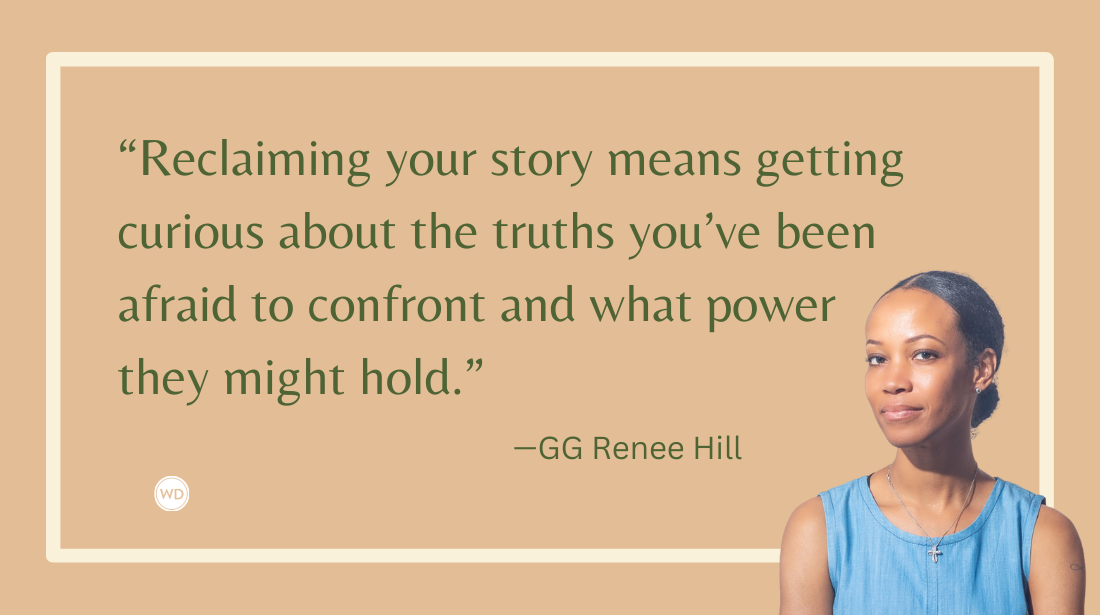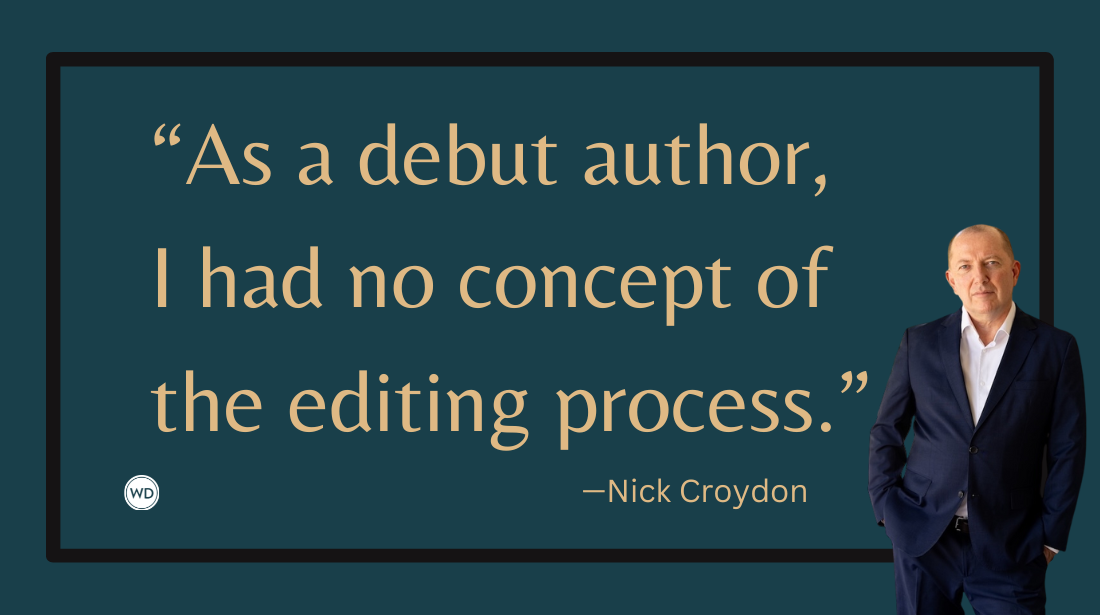Tales From the Writing Life: You Can’t Go Home Again (5-Minute Memoir)
5-Minute Memoir is exactly what it sounds like—a personal essay on some facet of the writing life, be it a narrative or a reflection, pensive, touching or hilarious. Enjoy this installment from Peter Jurich.
5-Minute Memoir is exactly what it sounds like—a personal essay on some facet of the writing life, be it a narrative or a reflection, pensive, touching or hilarious. Enjoy this installment from Peter Jurich.
The title of this essay is also the title of a Thomas Wolfe book I’ve never read. But I found myself reflecting on these words throughout the three-month period I recently spent working as a dockhand in Oregon. I had moved to Crater Lake National Park for two reasons: 1) I needed money; and 2) I needed to write.
Whether inspired by stories of Edward Abbey’s journeys through the desert or Walt Whitman’s vagabond lifestyle, we writers will always have romantic visions of ourselves one day absconding into the wilderness to pen that Great American Novel in the comfort of a small woodland cabin in which a sleepy Labrador rests at our feet.
I was doing something similar to this in Oregon—except instead of a cabin, I was in a dorm, and instead of a dog at my feet, I had three Turkish roommates who talked loudly all night. I’m originally from Detroit, and my current work-in-progress is set there, too. Before I embarked on my journey into the wilderness, I had every intention of noveling in my downtime, but also had a fear lurking in the back of my mind: Once surrounded by mountains and the world’s freshest water, would I really want to write about my hometown?
At first, no, I didn’t, and that worried me. The sheer majesty of living in a national park provided enough distraction that I couldn’t do anything but marvel at the luck I’d found—to gaze out into endless forest, sans any ulterior motive.
But if you have steak every day, it will eventually grow tiresome. And it’s a sad day when a place like Crater Lake gets old.
It turned out I did want to write about Detroit. In my new job at the dock, I worked 12 hours a day, four or five days a week, but I always found time to write—much to my surprise. I’m a fairly undisciplined writer and have a hard time doing much work without a deadline. Out in the wilderness, though, I couldn’t stop writing about the unemployment, the homelessness and the strife of my native city. At sunrise, I’d go hiking up to mountain summits with my laptop, but rather than journaling about the trek or the view, I’d tackle drug trafficking or corrupt city council members. No matter how powerfully the crisp mountain air drew me in, I’d dream of exhaust and McDonald’s and failing public schools. The writing was my way of staying connected with my other life. I missed my home, and that despondency fueled some of the best chapters I’ve ever written.
I’ve come to think the best writing spawns from a feeling of nostalgia one gets when he is away from his subject. Research doesn’t always involve books and websites; it can also be an analysis of feelings and the reflection thereupon. Like hurricanes or wildfires, emotions take time to settle before we can completely understand their magnitude. Then we can report on them. Our understanding helps make them almost tangible.
While I was in Oregon, I kept thinking of that title: You Can’t Go Home Again. The way I look at it, by the time you go back to your native city, you’re already calling another place “Home.” In this way, you can always go home; you just can’t go home again. One is comfortable; the other, aesthetic.
There is, however, one flaw in my reasoning that with distance comes perspective. When you actually get back, you lie in bed and realize you are no longer thinking about your unfinished 43,000-word Detroit pseudo-novel, but instead about pursuing the newly conceived Oregon-based novel that has your attention. You realize it’s the wild backcountry you dream of when you overhear someone at the grocery store say something that might belong in just the sort of novel you might write. To use Thomas Jefferson’s words on the Missouri Compromise, it hits you like a fire bell in the night: While this was once home, it is no longer.
The heart tends to get away from us, and we write from wherever we last left it.
But that’s the risk you take. There are both good and bad reasons to get away on a writing sojourn. On one hand, creativity and attention to detail can only be aided by a fresh mind and sunsets. But on the other, where do you turn when you need that hidden element that can be found only in its place of origin?
Well, you can always go home. You just can’t go home again.
Thanks for visiting The Writer's Dig blog. For more great writing advice, click here.
*********************************************************************************************************************************
Brian A. Klems is the online editor of Writer's Digest and author of the popular gift bookOh Boy, You're Having a Girl: A Dad's Survival Guide to Raising Daughters.
Follow Brian on Twitter: @BrianKlems
Sign up for Brian's free Writer's Digest eNewsletter: WD Newsletter
Brian A. Klems is the former Senior Online Editor of Writer’s Digest, and author of Oh Boy, You’re Having a Girl (Adams Media/Simon & Schuster). Follow him on Twitter @BrianKlems.









